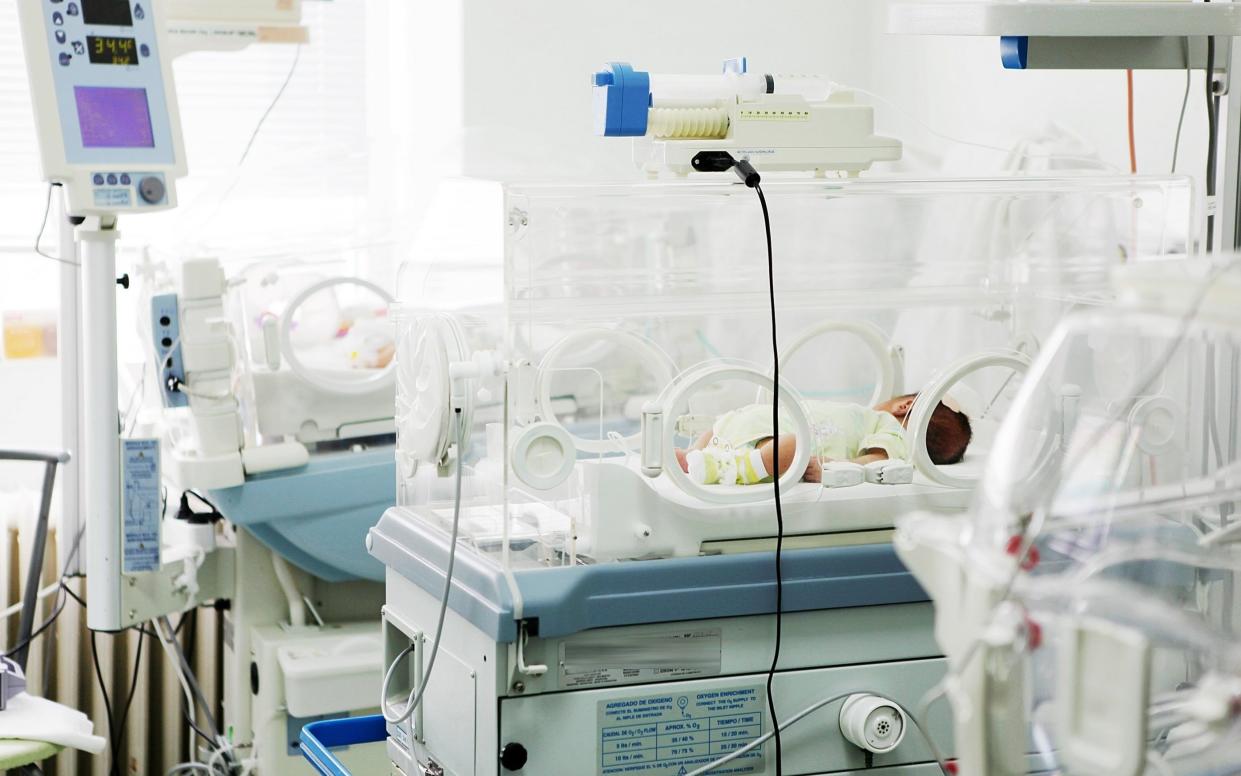Two thirds of maternity wards unsafe, NHS regulator says

The majority of maternity wards are unsafe , the NHS regulator has said.
A review of services found that two thirds of maternity units were not deemed “safe” – receiving ratings of “inadequate” or “requires improvement” for safety – by the Care Quality Commission (CQC).
The regulator’s national review of maternity services for 2022 to 2024 also warned that the failings uncovered in reviews of high-profile scandals were “not isolated”.
“Sadly, we found that the failings uncovered by Donna Ockenden and Dr Bill Kirkup following their reviews of maternity in individual trusts are not isolated. Many of the factors apparent at East Kent and Shrewsbury and Telford are more widespread,” the report said.
“Key issues continue to impact quality and safety – and disappointingly, none of them are new.”
It said poor management, limited learning, failure to ensure safe and timely assessments and poor facilities and access to equipment were all part of the problem.
Wes Streeting, the Health Secretary, admitted that the crisis in NHS maternity kept him “awake at night”.

“When it comes to the crisis in our maternity services across the country, it is one of the biggest issues that keeps me awake at night worrying about the quality of care being delivered today at the risk of disaster greeting women in labour tomorrow,” he told an Institute for Public Policy Research (IPPR) event.
“I think that what we have seen, in the case of specific trusts, are problems and risk factors that exist right across maternity services across the country.
“We’re keen to make sure that when it comes to the work that Donna Ockenden has already done, we make sure that those lessons are applied, not just in the case of those specific trusts, but actually right across the country. We are determined to get this right.”
The CQC report brought together the findings from 131 inspections and called for “increased national action” and ring-fenced investment into services in order to tackle shortfalls.
Of the 131 units inspected, almost half were rated as requiring improvement or inadequate, and just four per cent were classed as outstanding.
The CQC said the safety of maternity care “remains a key concern”.
No services inspected were rated outstanding for safety, with 47 per cent requiring improvement, 18 per cent rated inadequate and 35 per cent rated as good.

NHS maternity care has been under increased scrutiny after several high-profile inquiries, such as the Ockenden Review into more than 200 baby deaths at the Shrewsbury and Telford Hospital NHS Trust, and the investigation into maternity services in East Kent.
Ms Ockenden, the senior midwife, is now investigating maternity failings at Nottingham University Hospitals Trust.
Nicola Wise, director of secondary and specialist care at the CQC, said: “Our latest maternity inspection programme has further evidenced the need for urgent action with continued problems indicating that the failings uncovered in recent high-profile investigations are not isolated to just a handful of individual trusts.
“Although we’ve seen examples of good care and seen hardworking, compassionate staff doing their best, we remain concerned that key issues continue to impact quality and safety.”
The report raised concerns “about the potential normalising of serious harm in maternity”.
It added that complications such as postpartum haemorrhages, which are “well recognised” by maternity staff, can have a “significant impact” on women, who do not always receive information on what they have been through.
Not all patients received a safe and timely assessment when being triaged, the report claims, with instances of triage phones going unanswered and some women discharging themselves before being seen by a midwife or doctor as delays were so severe.
There are also concerns about how maternity staff communicate and engage with women and their families.
Some NHS estates were described as “not fit for purpose”, lacking the “space and facilities and, in a small number of cases, appropriate levels of potentially life-saving equipment”.
The CQC has made a number of recommendations to NHS trusts, NHS England and integrated care boards to address the issues, and has also called for the Department of Health and Social Care to invest more in maternity services.
Ms Wise added: “We cannot allow an acceptance of shortfalls that are not tolerated in other services. Collectively, we must do more as a healthcare system.
“This starts with a robust focus on safety to ensure that poor care and preventable harm do not become normalised, and that staff are supported to deliver the high-quality care they want to provide for mothers and babies today and in the future.”


